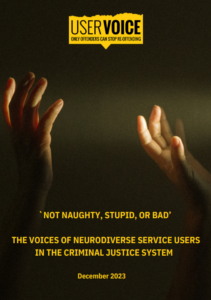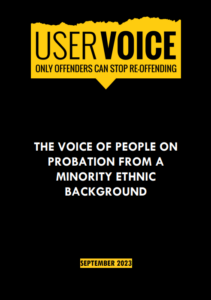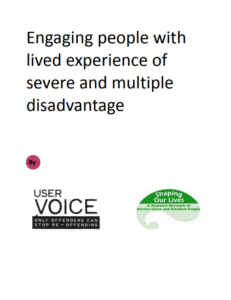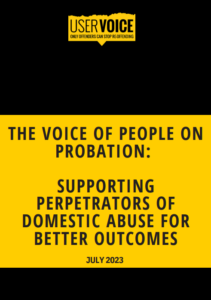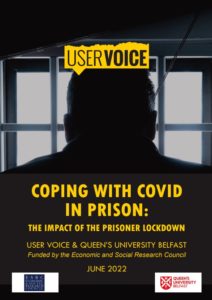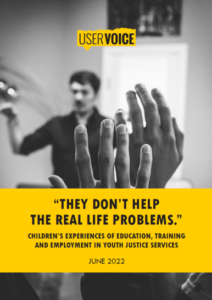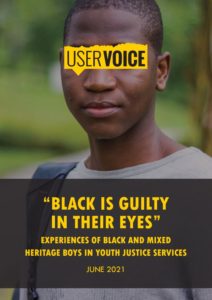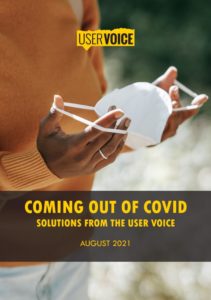Funded by the NHS, the report shines a light on the experience of those who suffer from conditions such as ADHD, Tourette’s syndrome, autism, acquired brain injury (ABI), and dyslexia in UK prison estates.
For this study, to provide as holistic a picture as possible, User Voice spoke to service users about their lives before they were involved in the criminal justice system. User Voice interviewed 104 service users across 11 prisons nationwide between September 2022 and February 2023. All interviewed or surveyed service users were either diagnosed or self-diagnosed as neurodivergent.
We found that over half of the service users had experienced abuse in their early life while one third of the service users had experience of care before going into the criminal justice system. A common theme we heard was that people had been told all their lives that they were bad, rather than in need of help; approximately 71% of men talked about being labelled ‘bad,’ ’naughty’ or ‘thick’ at school and this label had followed them through their adult lives.

